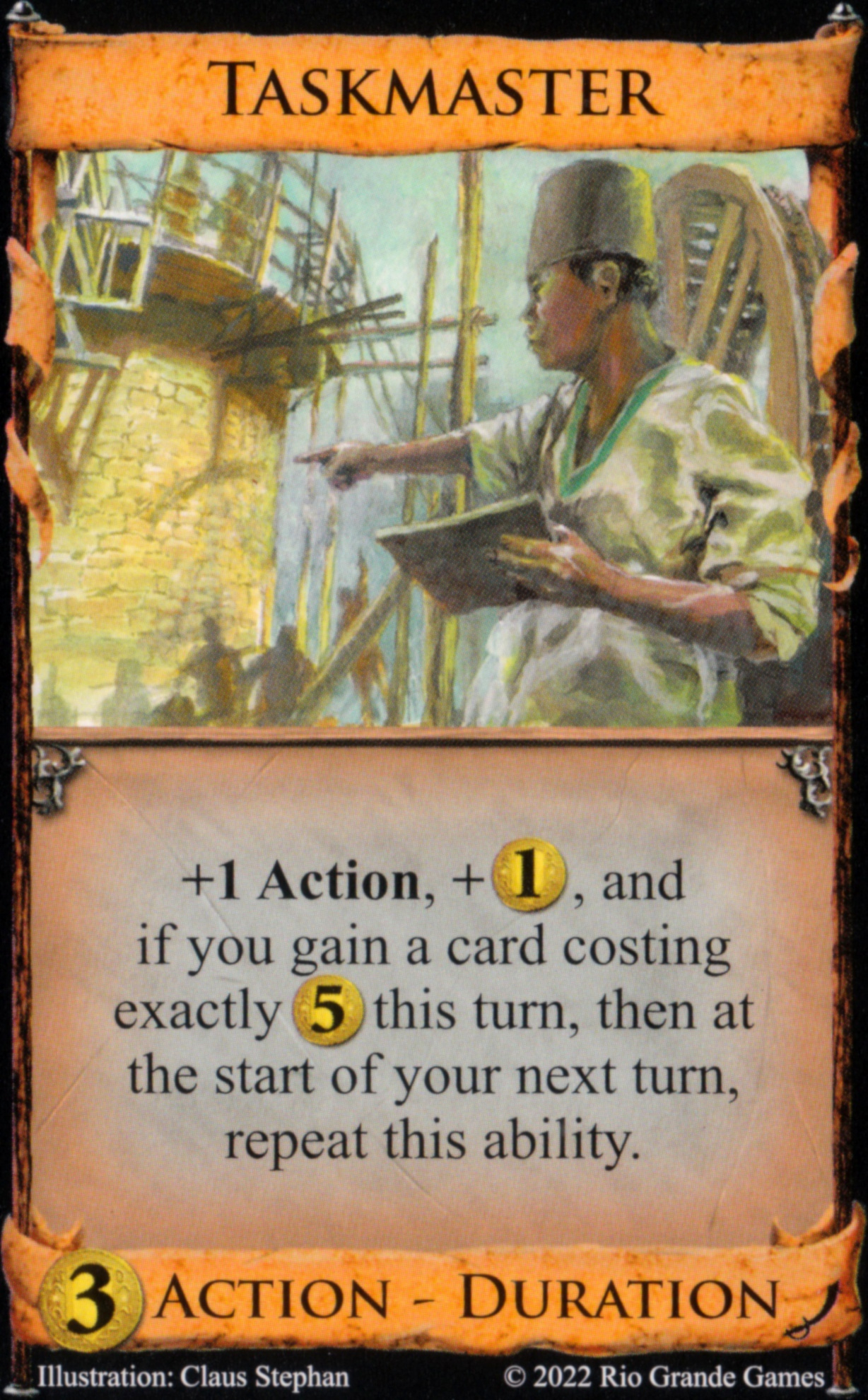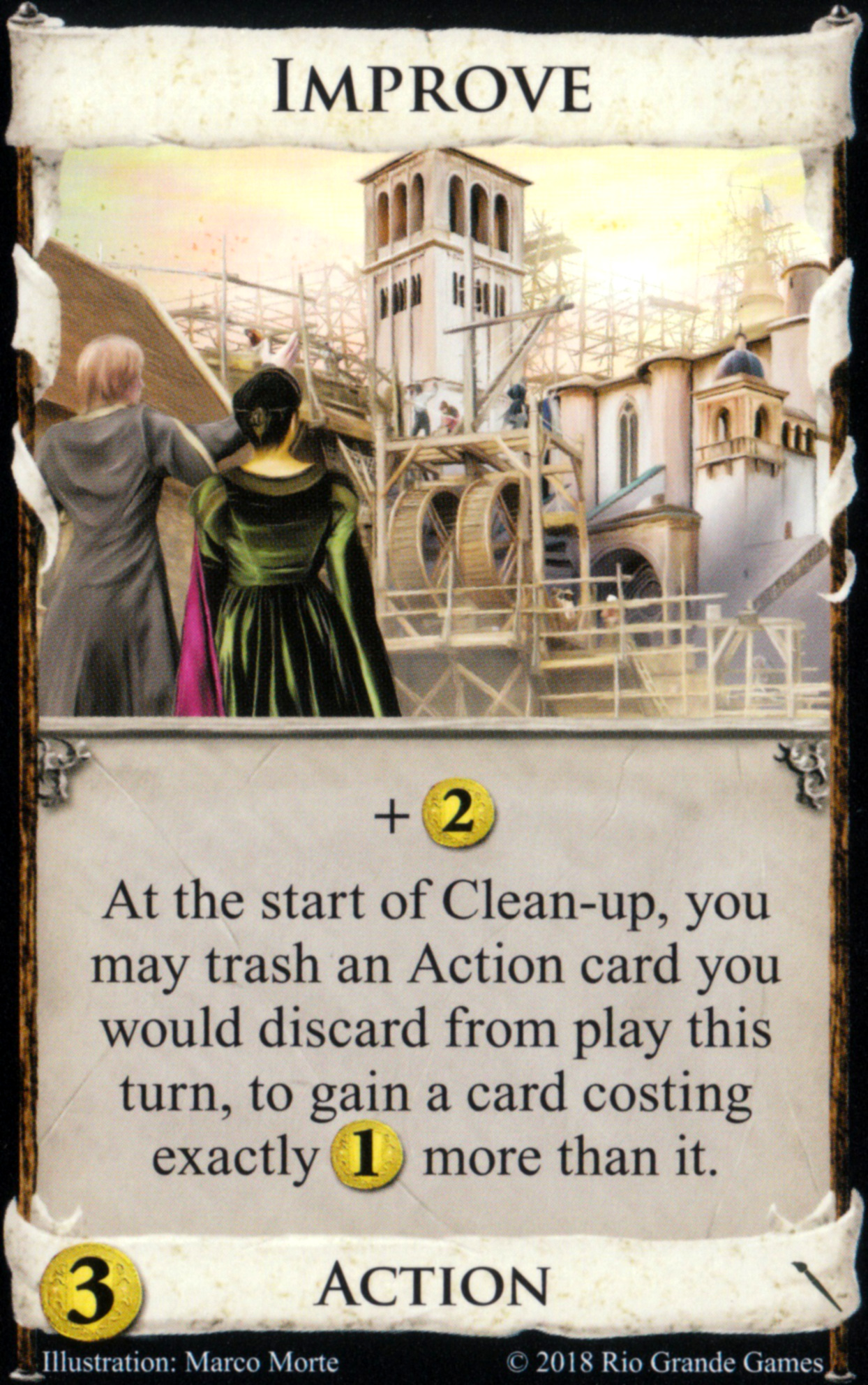Jeebus, can you unpack how your interpretation works in the case of a simple card like Steward? If I play one Steward and choose +2 coins, and another Steward and choose to trash 2 cards, it seems clear to me that the two Stewards made me do different things (your sentence #1 is true of the second one but not the first one), but that they have the same instructions. Do you disagree with that? Based on your statement, it seems like you must—if "what the card makes you do" is synonymous with "the card’s instructions", then two cards with the same instructions can’t make you do different things. So… would you say that Steward #2 didn’t make me trash? That the two copies of Steward have different instructions as a result of my choice? What’s your analysis of this situation?
I was referring to how Ways work, and they make you do a whole set of other instructions. So I used "instructions" and "orders" (plural). Steward's instructions are that you choose between drawing, getting $ and trashing, and then do one of those things. And that's exactly what Steward makes you do. (This could be Steward with Chameleon, or a Way that has variable outcome like Way of the Rat.)
But yes, you can look at it as individual instructions, and not all of those are followed. So what I'm talking about are the instructions you're following:
If you're following a card's instruction to trash, it means that it instructs you to trash. (or any other words you want to use)
And vice versa, if the card instructs you to trash, it means that you're following its instruction to trash / its instruction to you is to trash. (or any other words you want to use)
You could add something like "now" in front of every sentence to make it clear that all of them are about something happening in the game:
1. Now, the card makes you trash.
2. Now, the card tells you to trash.
3. Now, the card instructs you to trash.
4. Now, the card orders you to trash.
5. Now, the card's instruction is to trash.
6. Now, the card's order is to trash.

 or more, gaining a Loot will cause Cutthroat to trigger, just like gaining a Gold would".
or more, gaining a Loot will cause Cutthroat to trigger, just like gaining a Gold would".
